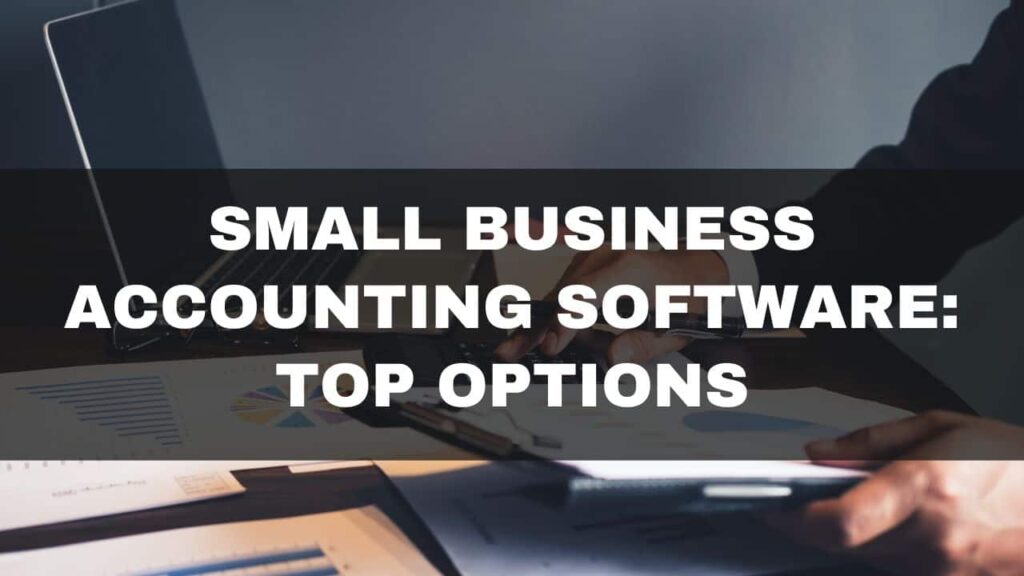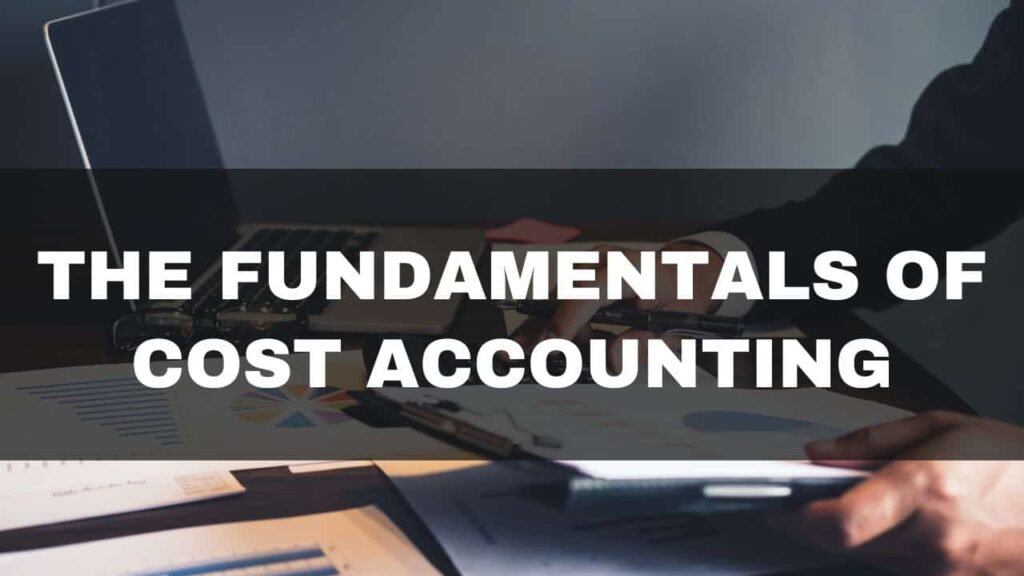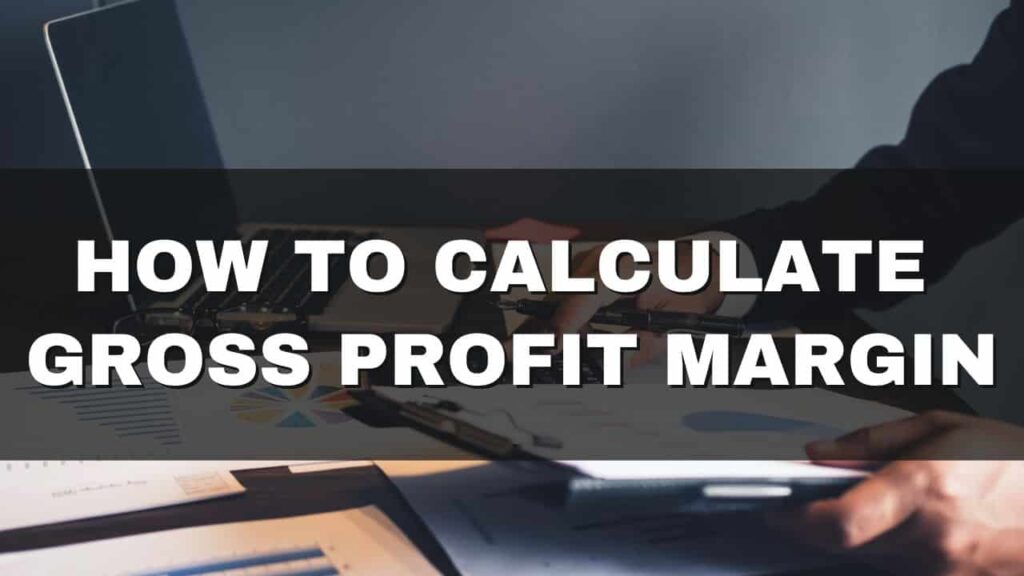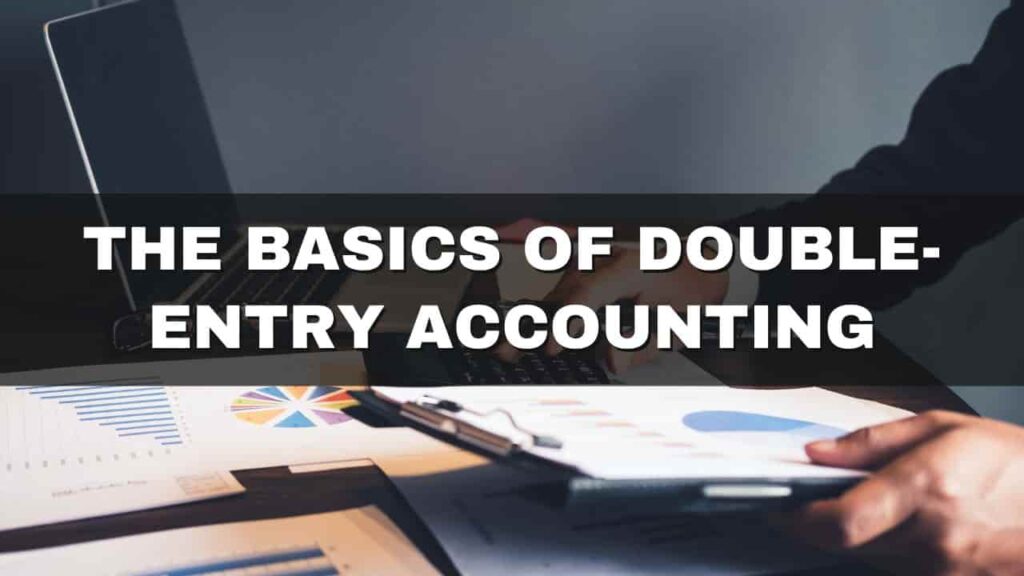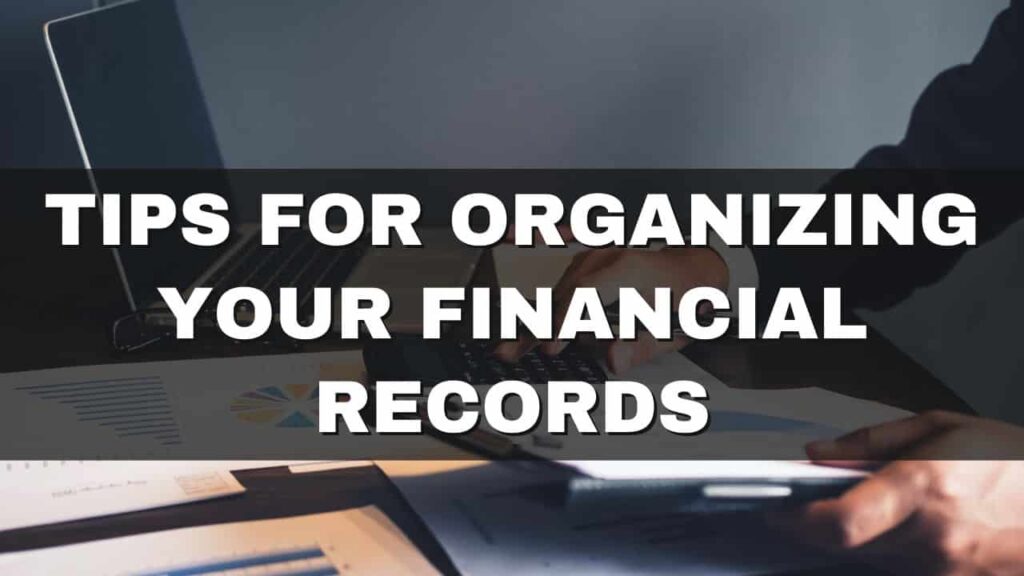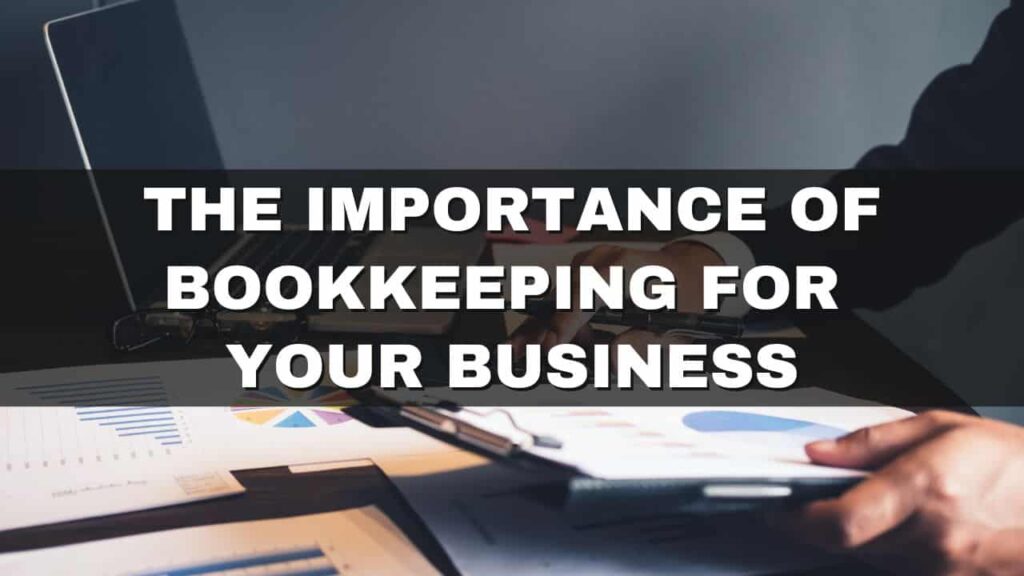Small Business Accounting Software: Top Options
Managing finances is a critical aspect of running a small business. With the right accounting software, you can streamline your financial processes, save time, and make informed decisions. In this guide, we’ll explore some of the top accounting software options tailored for small businesses.
Why Small Businesses Need Accounting Software
Understanding the benefits of accounting software is crucial for small business owners:
Automation and Efficiency: Reduce manual data entry and streamline financial tasks.
Accurate Financial Reporting: Generate precise reports for better decision-making.
Compliance and Tax Filing: Ensure your business meets legal and tax requirements.
Features to Consider in Accounting Software
When selecting accounting software, consider the following essential features:
Invoicing and Payment Processing: Streamline billing and payment collection.
Expense Tracking: Monitor and categorize business expenses for accurate financial reporting.
Financial Reporting: Access to a range of reports like profit and loss, balance sheet, etc.
Integration Capabilities: Compatibility with other business tools like CRM or e-commerce platforms.
Top Small Business Accounting Software Options
Let’s explore some of the leading accounting software solutions for small businesses:
1 QuickBooks Online
Key Features: Invoicing, expense tracking, robust reporting, payroll integration, and third-party app integrations.
Suitable For: Small to medium-sized businesses across various industries.
2. Xero
Key Features: User-friendly interface, invoicing, expense management, bank reconciliation, and integrations with third-party apps.
Suitable For: Small businesses, freelancers, and accountants.
3. FreshBooks
Key Features: Invoicing, time tracking, expense management, project management, and client portal.
Suitable For: Service-based businesses and freelancers.
4. Wave
Key Features: Free accounting software, invoicing, receipt scanning, and basic financial reporting.
Suitable For: Very small businesses, startups, and freelancers on a budget.
5. Zoho Books
Key Features: Invoicing, expense tracking, project management, inventory management, and CRM integration.
Suitable For: Small businesses looking for an all-in-one business suite.
Factors to Evaluate When Choosing Accounting Software
Consider these factors when making a decision:
Scalability: Ensure the software can grow with your business.
Cost and Affordability: Evaluate pricing plans and choose one that aligns with your budget.
Customer Support and Training: Look for providers with reliable support and educational resources.
Security and Data Protection: Ensure the software has robust security measures in place.
Final Thoughts: Streamlining Finances with the Right Accounting Software
Investing in the right accounting software is a crucial step toward financial efficiency and success for your small business. Consider your specific needs, budget, and growth potential when making your decision. With the right tool in place, you can focus on growing your business, knowing that your finances are in capable hands.
We also have:
Tips for Organizing Your Financial Records
The Role of Accounting in Business Decision Making
For more click here and if you are looking for full forms of different acronyms and words then check out this list you really gonna find this helpful. We also have an Essay on every topic, Check the complete list here. If you are Studying in Matric Free Video Lectures of Maths, Physics and English are here, and we have got you covered for I.COM Business Maths also.

